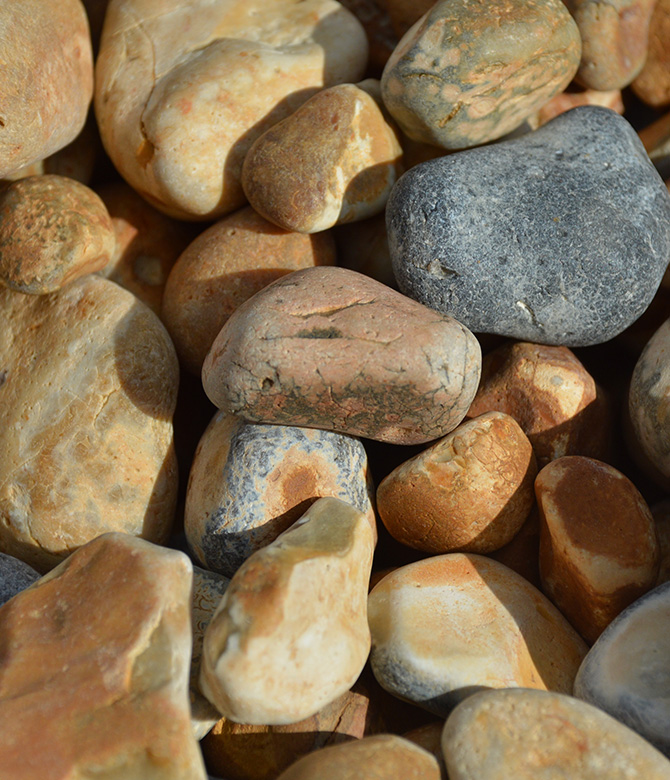Is there a hidden cost to “sustainable” products? A social scientist at UT Arlington is exploring that question by studying whether sustainable products really improve sustainability in the communities from which they originate.
It’s important to take it a step further and learn about where the products come from
Anthropology Professor Christian Zlolniski received a National Science Foundation grant to study the labor and environmental implications of natural resources being marketed as sustainably sourced products. His focus is Mexican beach pebbles, which are sold in the U.S. as a substitute for mulch in landscaping, landscape architecture, and outdoor beautification projects.
“When people see products that are part of the ‘green’ industry or that are ‘environmentally friendly,’ it means they are looking for products and resources that aren’t impacting the environment,” says Dr. Zlolniski, who is also director of the Center for Mexican American Studies. “It’s important to take it a step further and learn about where the products come from, the labor conditions of the workers who gather them, and how the extraction of these natural resources impacts their communities.”



